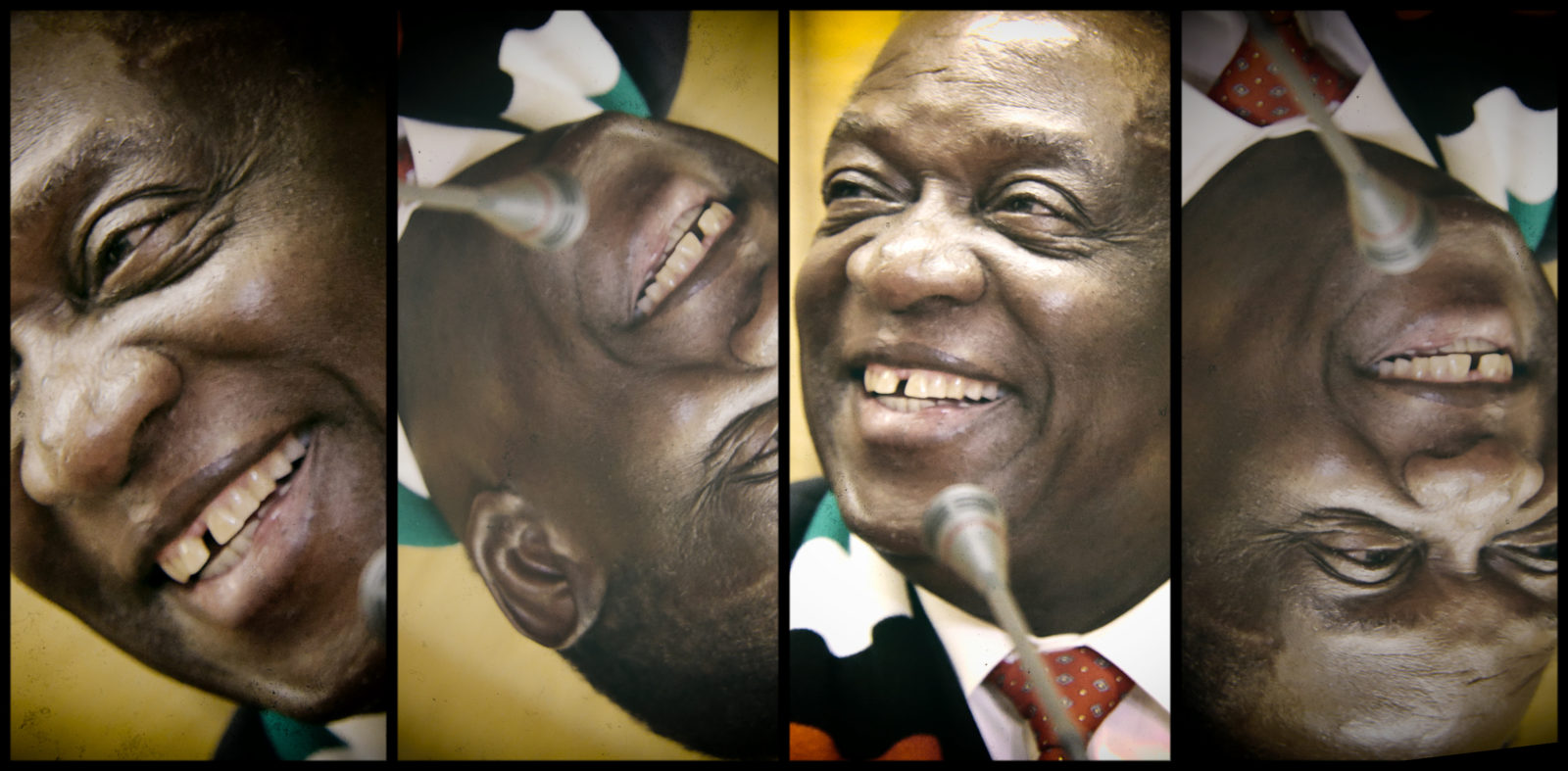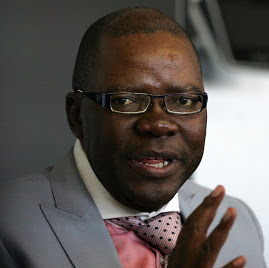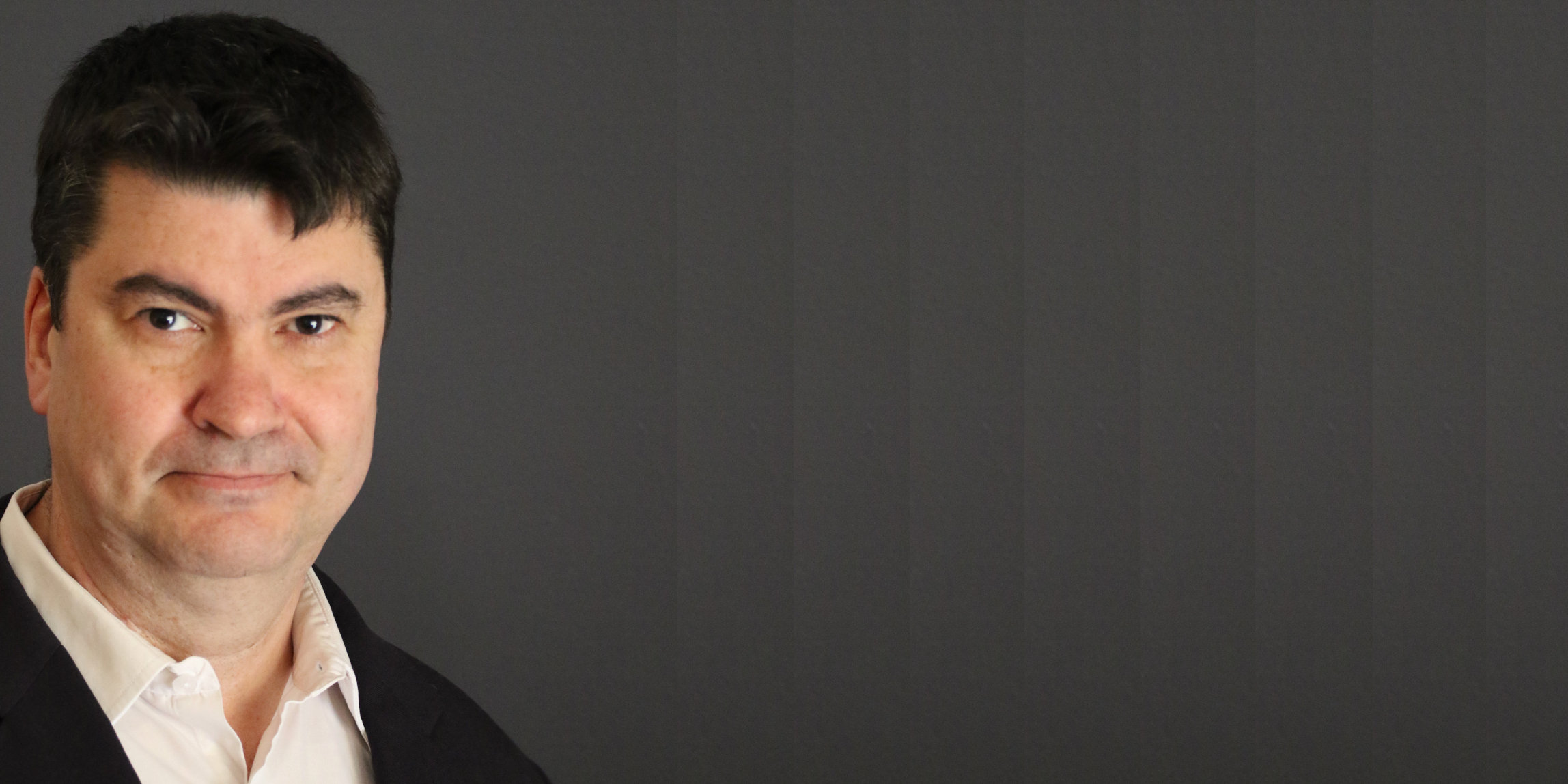News
Southern Africa's Problem Of Elite Impunity
Contrary to Pahad's assertion that 'how we choose to respond to the situation in Venezuela could bring us lessons for many years to come' it's precisely how his ideological ilk has chosen (not) to respond to crises in southern Africa that have, already, brought us to the brink.

Former South African deputy foreign affairs minister Aziz Pahad’s support for the Maduro regime in Venezuela throws into sharp relief the acceptance by political elites in southern Africa of die-hard regional governments that crush democracy to hold on to power.
Aziz Pahad has, on these pages, attempted a defence of the murderous regime of Nicolas Maduro in Venezuela. Anti-American antipathy trumps, it seems, empathy for human rights.
South Africa’s former deputy minister of foreign affairs has form. The problem is that Pahad is a party hack and, for all of his liberation credentials, an ideologue more than a democrat.
Pahad was never a friend of democracy in Zimbabwe, and certainly not of the opposition Movement for Democratic Change. In February 2008, for example, he announced that there would be an election the next month in spite of the lack of progress on reforms, negotiations about which he said were no longer required.
He is sadly not alone among regional elites.
Liberation ties have proven more important than the democratic process or outcomes. South Africa’s favouritism towards Robert Mugabe and his ruling ZANU-PF regime has planted a seed which is now flourishing like a poisonous weed across southern Africa — explaining Zambia’s flawed elections in 2015 and 2016, why Joseph Kabila did not feel the need to hold elections for three years in the Congo, and why Zimbabwe lurches from crisis to crisis. The deafening silence from the region to Zimbabwe’s military coup in November 2017 is symptomatic of a lack of commitment to democratic norms and international law while reinforcing elite impunity.
Rigged elections have consequences. These are still being felt. In the week of Pahad’s shameless article, police opened fire on a group of opposition UPND supporters in Zambia led by Hakainde Hichilema who were holding a peaceful by-election rally in the remote Western Province town of Shesheke. Civilians in brightly coloured chitenge were attacked by police and party militia bedecked in camouflage fatigues and armed with automatic rifles.
Edgar Chagwa Lungu won the Zambian presidential by-election in January 2015 by less than 28,000 votes, an outcome that was disputed by the opposition. But few listened, and fewer elsewhere joined the UPND in raising a voice in protest. The international community again wrung its hands over the subsequent election which saw Lungu returned as president in August 2016 with a convenient 13,000 vote margin (out of nearly 3.8 million cast) over the threshold of 50%, thus avoiding a second-round run-off. International onlookers apparently did not have the spine to do anything about it, simply lacked a dog in the fight, or agreed with the result.
And they scarcely cleared their throats in protest when Emmerson Mnangagwa was declared the winner of the election in Zimbabwe in 2018 by a similarly suspiciously scant margin of 36,464 votes out of more than 4.7 million, again dodging a run-off. While there were some doubters, including the United States, on this occasion a number of outsiders desperate for positive change were initially enthusiastically behind the ruling party, notably including the former colonial power Britain.
These elections, too, while providing – in theory, at least – an opportunity to reset government, have become prey to an authoritarian playbook of fabricated voters’ rolls, intimidation and violence, fake news, and fictional mathematics.
Dodgy elections are the thin end of the bad governance wedge. And it begets even worse government, including violence. Yet the world’s reaction even to the post-election violence, still ongoing in Zimbabwe, has been muted. The region has been deafeningly silent, a not-so-tacit approval and display of regional brotherhood if ever there was one. And there is a copycat effect. It seems as if Mr Lungu and his thugs have learnt that if Mr Mnangagwa can get away with murder, so can they, especially if they can twist and turn the state-dominated news to a narrative of opposition provocation.
But there are some things that they cannot fake news away. Zimbabwe has been unable to repair its failing economy; instead, the Mnangagwa regime has made things worse. It talks beneficiation and value addition. This is pie-in-the-sky absent electricity. Stable energy supply is impossible without competent governance, and that is a pipe-dream absent sound policy, the rule of law and effective institutions. The African experience repeatedly demonstrates that functioning, reliable, predictable, accountable government rests on a bedrock of democracy.
Put differently, recovery is near-impossible without a government that people, local and foreign and including investors, trust. There can never be reforms without reformers in government.
But do political elites care?
Pahad’s rant indicates not.

He claims that “Venezuela has since 1998… achieved much for its people including reducing poverty and improved standards of living.” When he is not quoting from WikiLeaks or other fellow travellers, he argues that “Regime change in Venezuela is not about the people’s welfare, democracy or good governance, but its vast oil reserves…” None of this can explain hyperinflation and the millions of people who continue to flee Caracas’ socialist and democratic paradise for Colombia next door which Pahad says is run by a “far-right” president.
In other words, let them eat cake — or in the harsher reality of Venezuela, Zambia or Zimbabwe, let them slip below the poverty line, malnourished and marginalised, beyond the gaze of the elites, save when whipping up support at election time.
The threat from Zimbabwe has conventionally been seen in terms of the impact of economic implosion, including the flow of migrants and spill-over of criminal elements. Today, however, the threat from Zimbabwe is in the emergence, too, of the military. While originally the international community and the region preferred to see the November 2017 removal of Robert Mugabe as a “military-assisted transition”, it is clear now that the military has taken over completely. Ignoring this threat will have far-reaching consequences for democracy in the region; accepting the ZANU-PF narrative makes regional government complicit in this retreat from the rule of law.
Calling for dialogue in these environments is a cop-out, usually, a diversionary tactic adopted by those wanting to retain the establishment, a means to divide and rule the opposition. The Zambian opposition leader Hichilema recently met Lungu for such a dialogue, where there was apparent agreement on six principles. Two months later he was being shot at by Lungu’s men. To be effective, mediation requires an honest broker, usually from outside.
Pahad concludes, dramatically, on the survival of the Maduro regime, “the doomsday clock is ticking and the very future of humanity is at stake”.
Yet contrary to his assertion that “how we choose to respond to the situation in Venezuela could bring us lessons for many years to come” it’s precisely how his ideological ilk has chosen (not) to respond to crises in southern Africa that have, already, brought us to the brink.
This article was originally published on The Daily Maverick.



